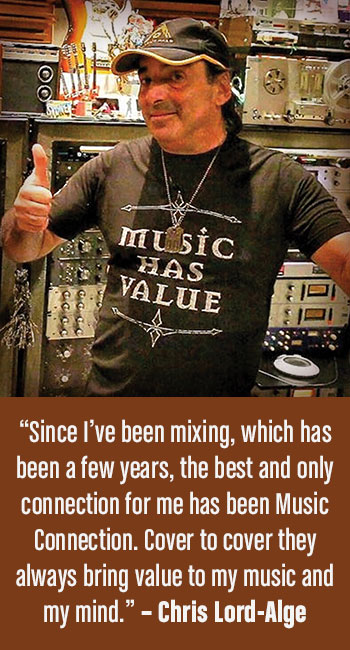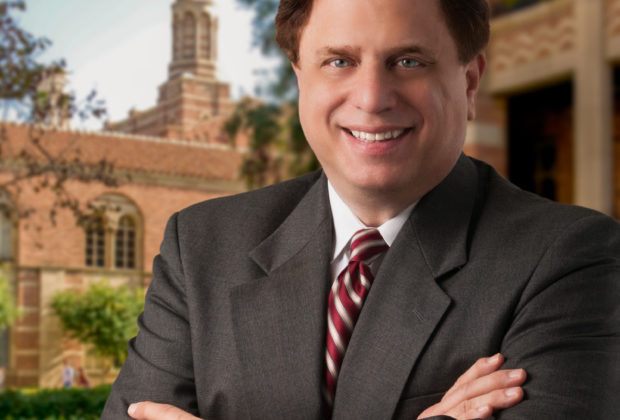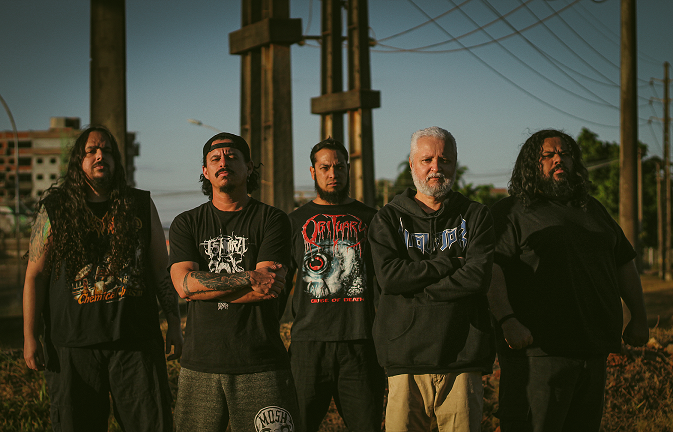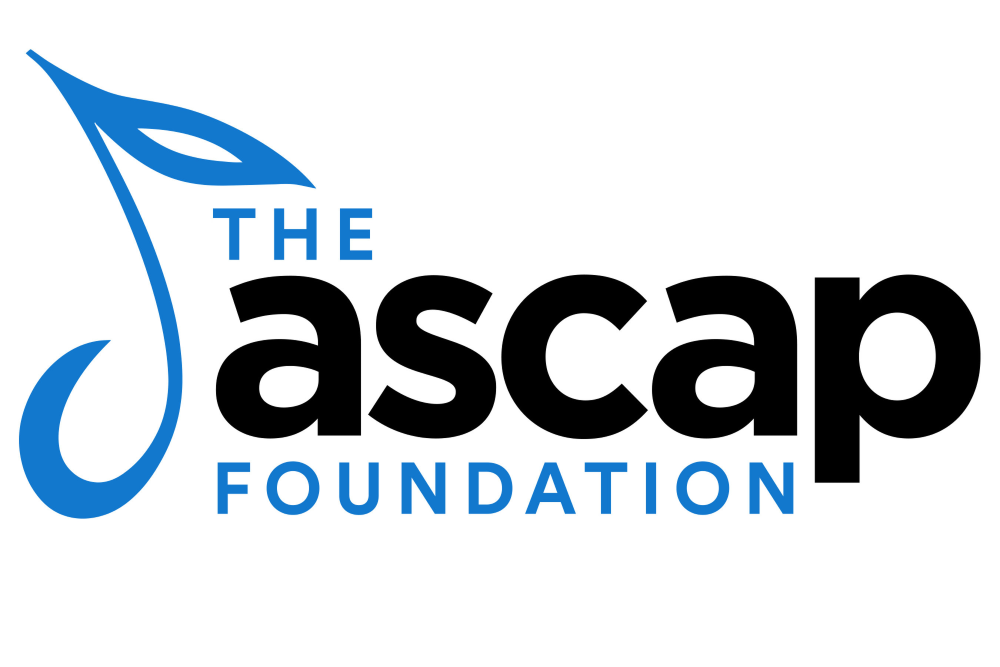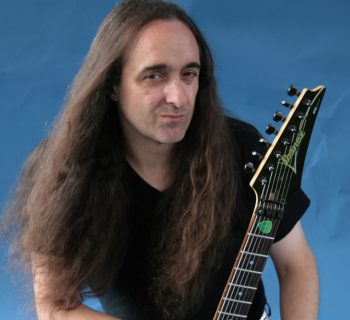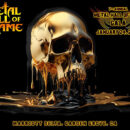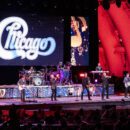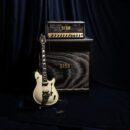There is an upcoming trial in a case concerning whether or not Ed Sheeran’s “Thinking out Loud” hit song infringes on Marvin Gaye’s “Let’s Get it On” masterpiece. An issue has arisen about whether or not a six-minute YouTube clip of Sheeran at a 2014 concert in Zurich, Switzerland is relevant and should be admitted into evidence. In the video, Sheeran goes back and forth between the two songs.
Sheeran’s attorneys argue that the video clip should not be allowed into evidence as it will confuse the jury. While some would argue the clip is evidence of infringement, Sheeran’s attorneys are contending that it only demonstrates that both songs include a common chord progression that is “freely available to all songwriters.”
The case was filed in 2017 by the plaintiff, the heirs of Ed Townsend, who co-wrote “Let’s Get it On.” Plaintiff’s attorney argues that the video is obviously relevant to the case: the main issue is whether or not “Thinking out Loud” is similar enough to “Let’s Get it On” to constitute copyright infringement. The Marvin Gaye estate is not involved in this litigation, but many may recall that the estate sued Robin Thicke claiming his “Blurred Lines” song infringed on “Let’s Get it On.”
According to the plaintiff’s attorney, Patrick Frank, “The video of the medley at issue provides helpful guidance to Highlight and/or illustrate those similarities and why they are significant...The medley, which defendants belatedly seek to exclude from admission at trial... is among the most important and critical evidence in the case.” In fact, the judge in the case has mentioned that the video clip might be helpful to the jury, stating they “may be impressed” by it. The plaintiff’s lawyers argued that if the judge thought the video would not be proper for the jury to see, then the judge would not have mentioned that the jury might be interested in it.
It is common for a party to seek to exclude evidence in a trial and a judge’s decision on such matters can have an important impact on the case. Although juries decide cases, judges decide what evidence comes in, often in pre-trial proceedings called motions in limine.
Sheeran’s attorneys argue that the “Thinking out Loud” only shares “unprotectable and commonplace elements” that do not violate copyright law. Despite attempts by Sheeran’s lawyers to have the judge decide the case in their favor without a trial, the judge has so far refused to do so, stating that it is a close case that should be decided by a jury.
Sheeran’s lawyers contend that allowing the jury to see the video could have a “chilling effect” on the music biz and on medleys, which they argue are an “important, enduring aspect of live concerts.”
But the plaintiff’s lawyers argued that “Defendants have provided nothing beyond mere speculation that the inclusion of directly relevant evidence... would have any collateral impact on any aspect of the concert industry.” Time will tell what impact this case may have on the music biz.
